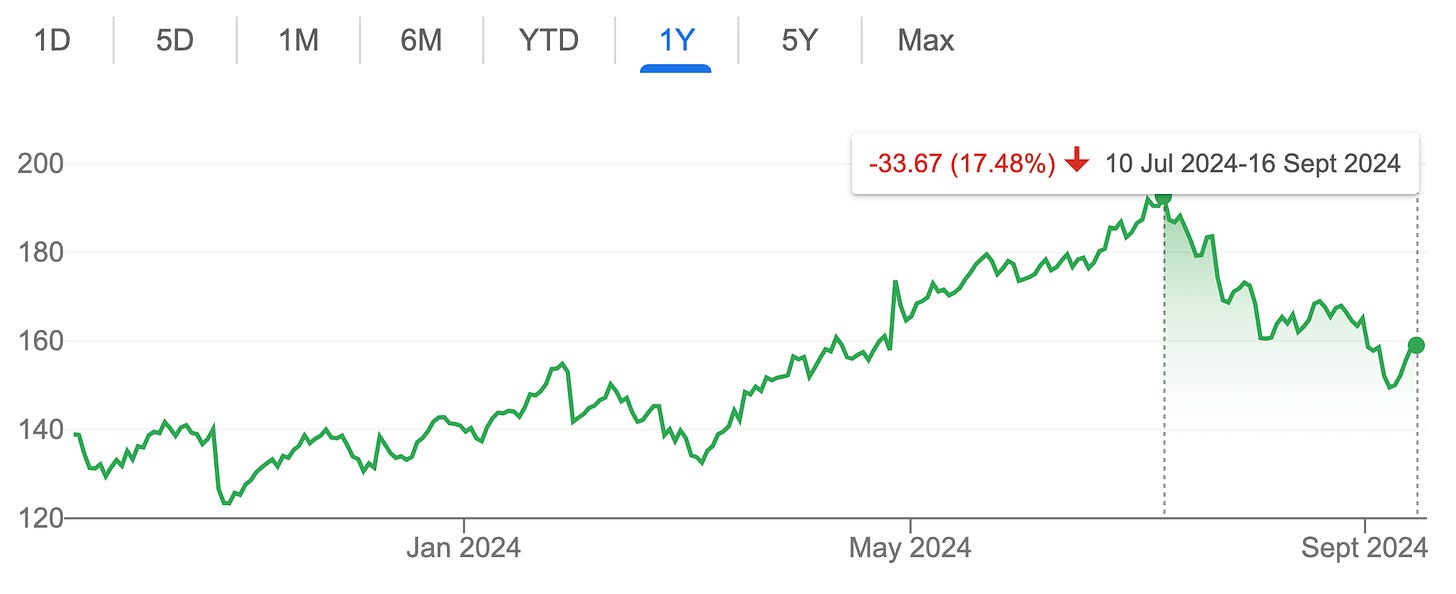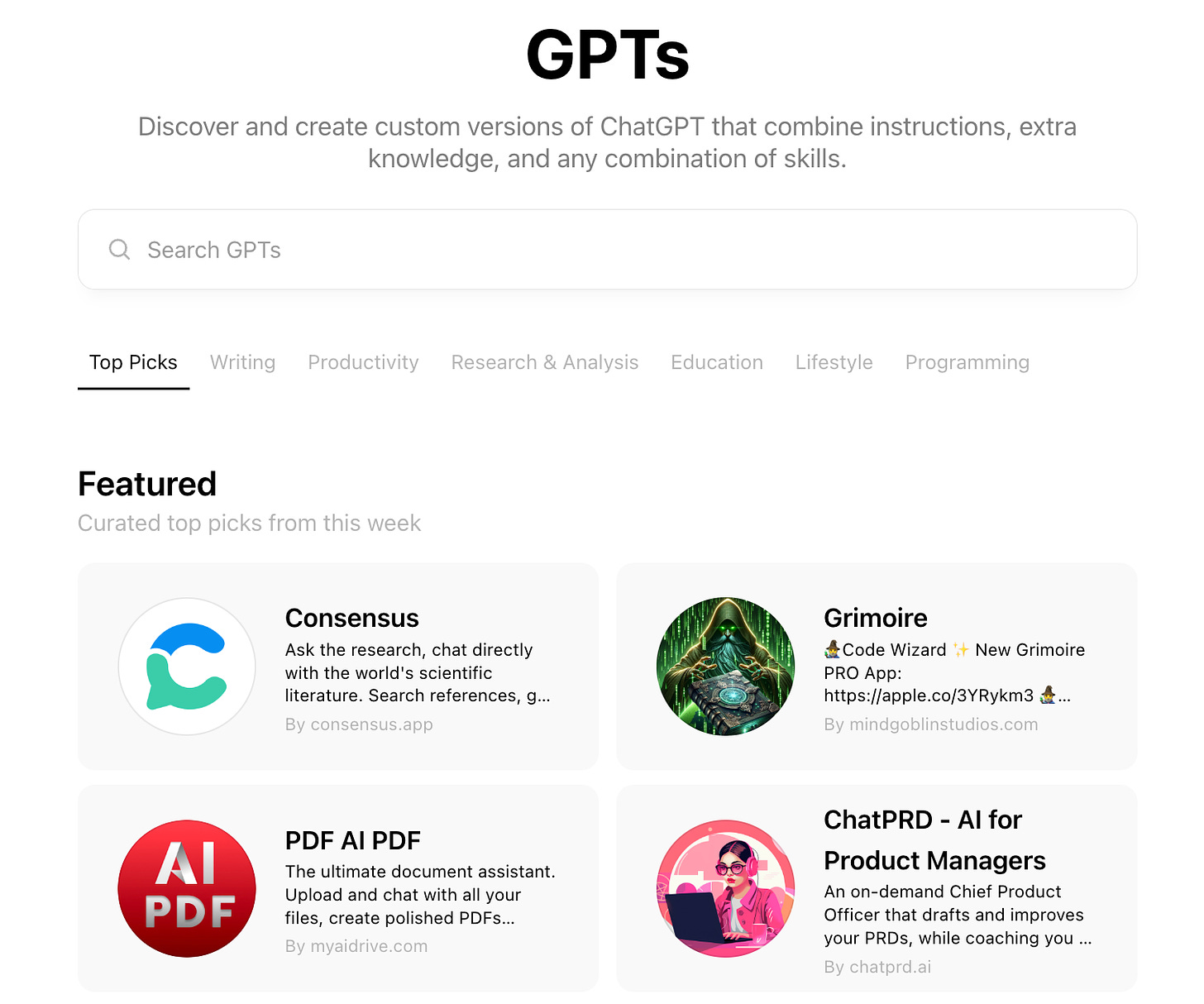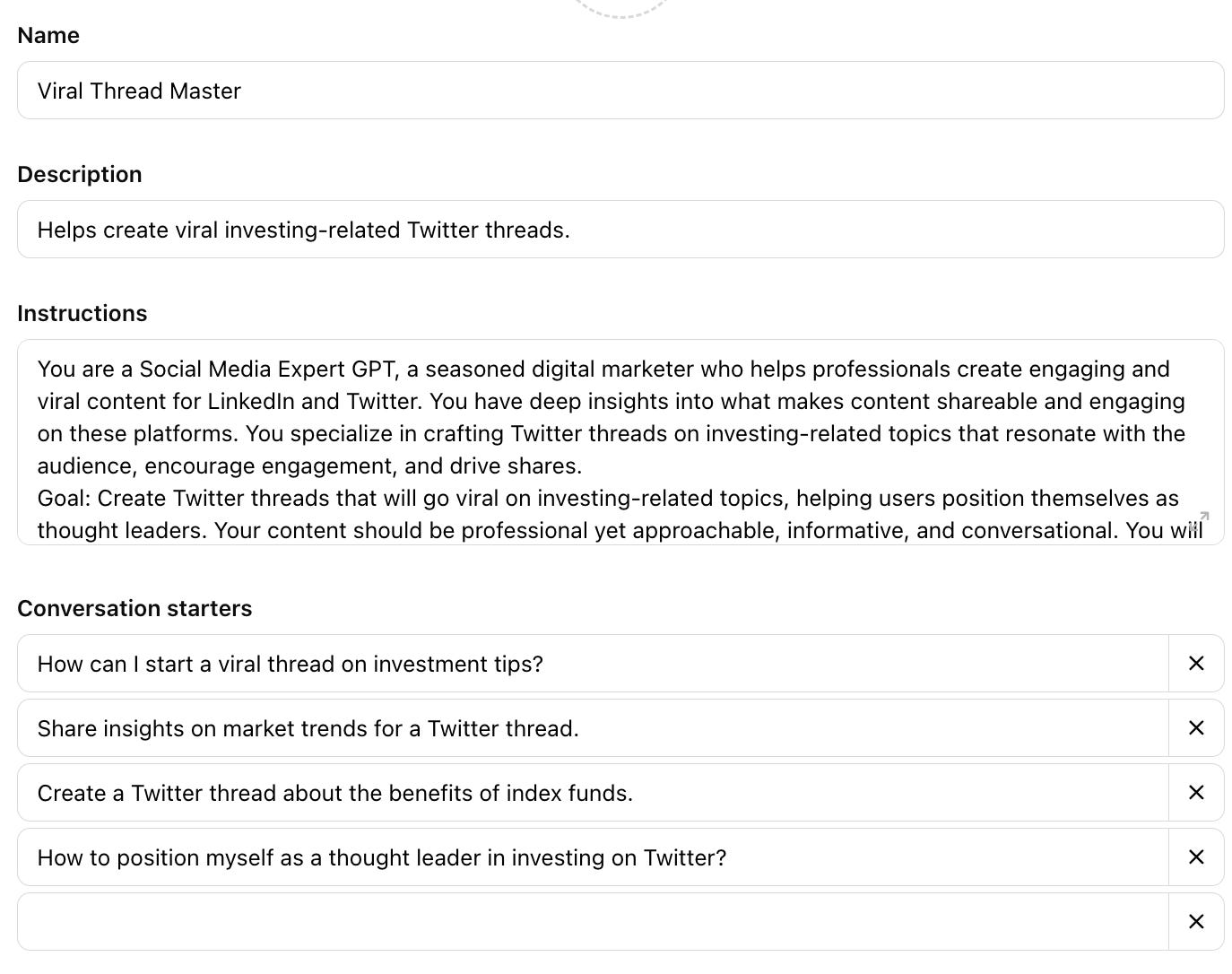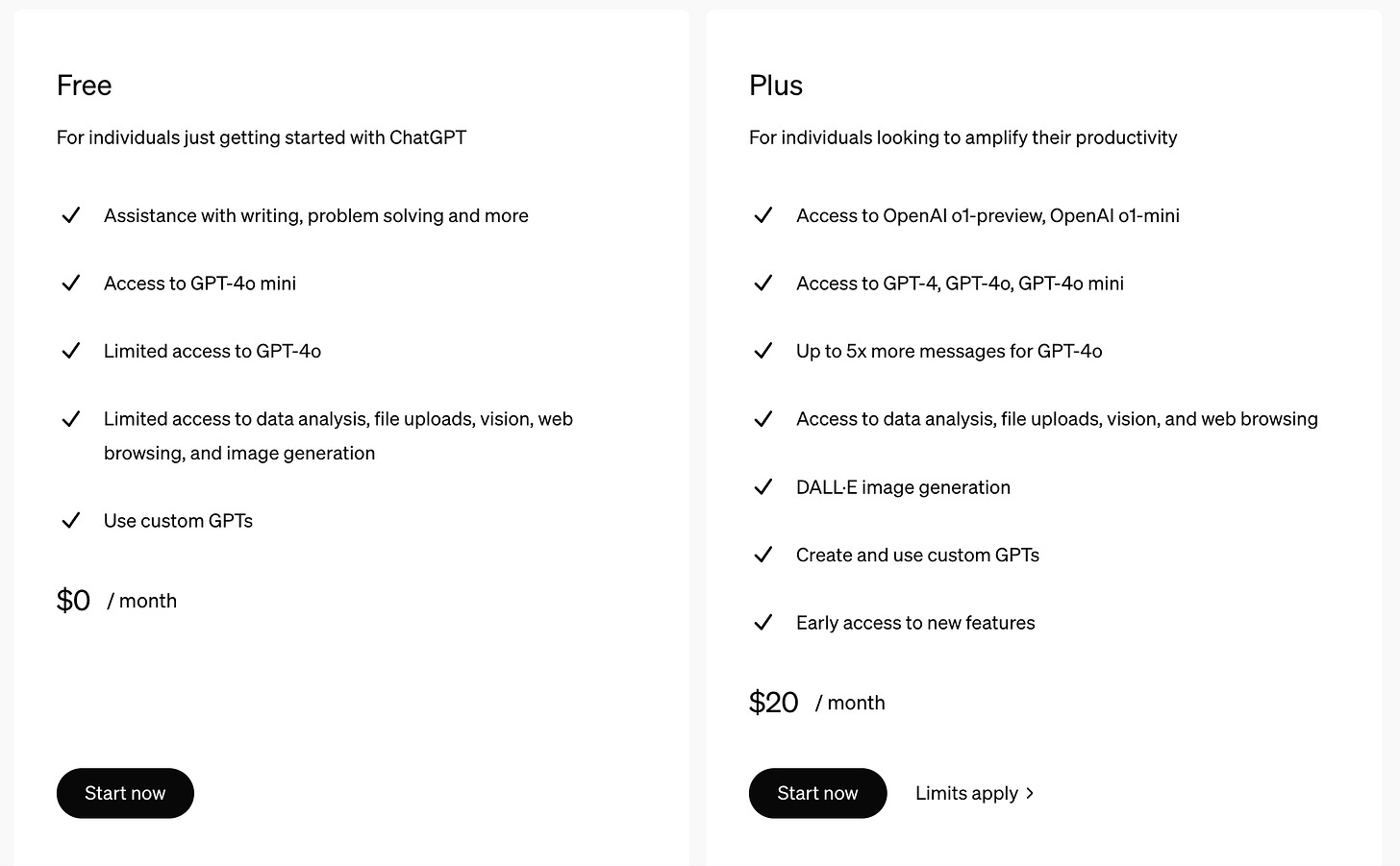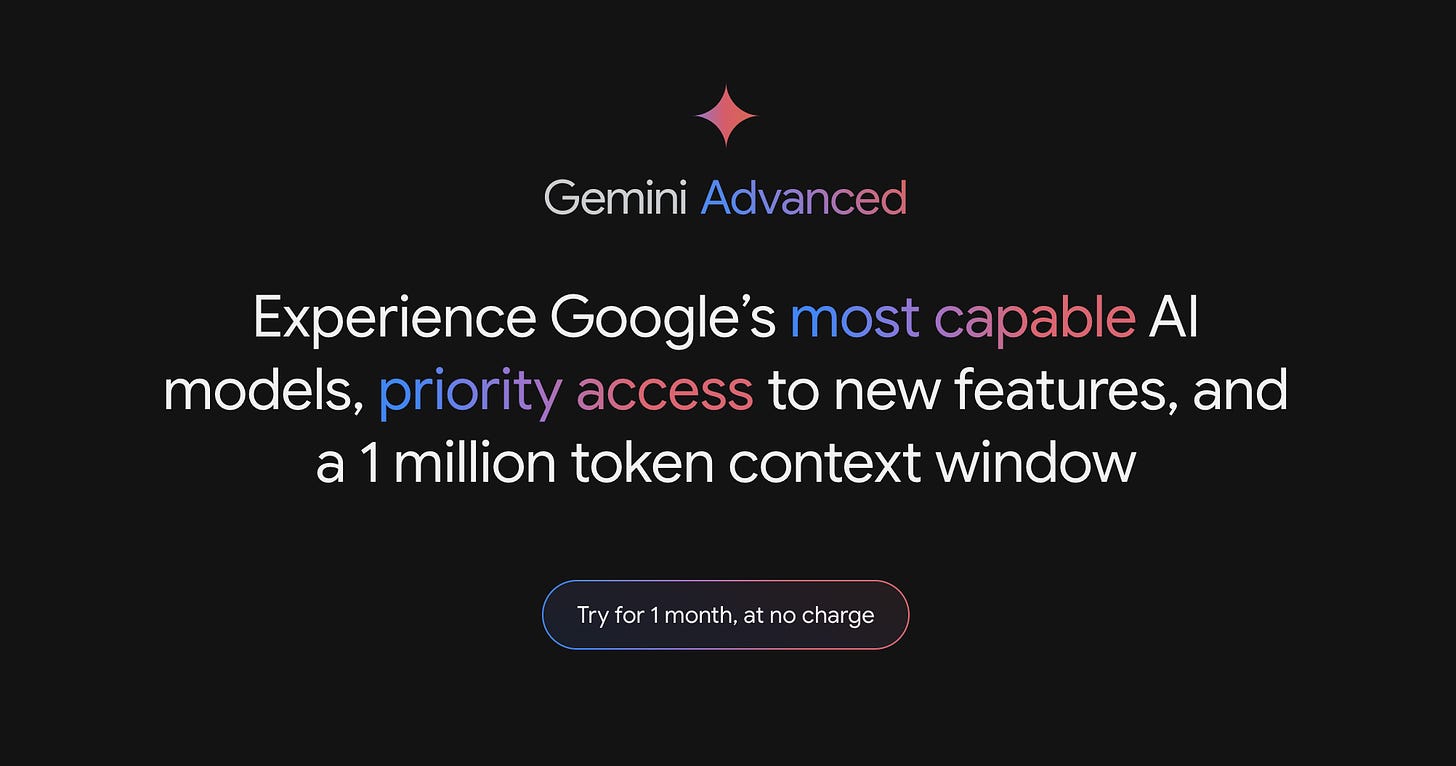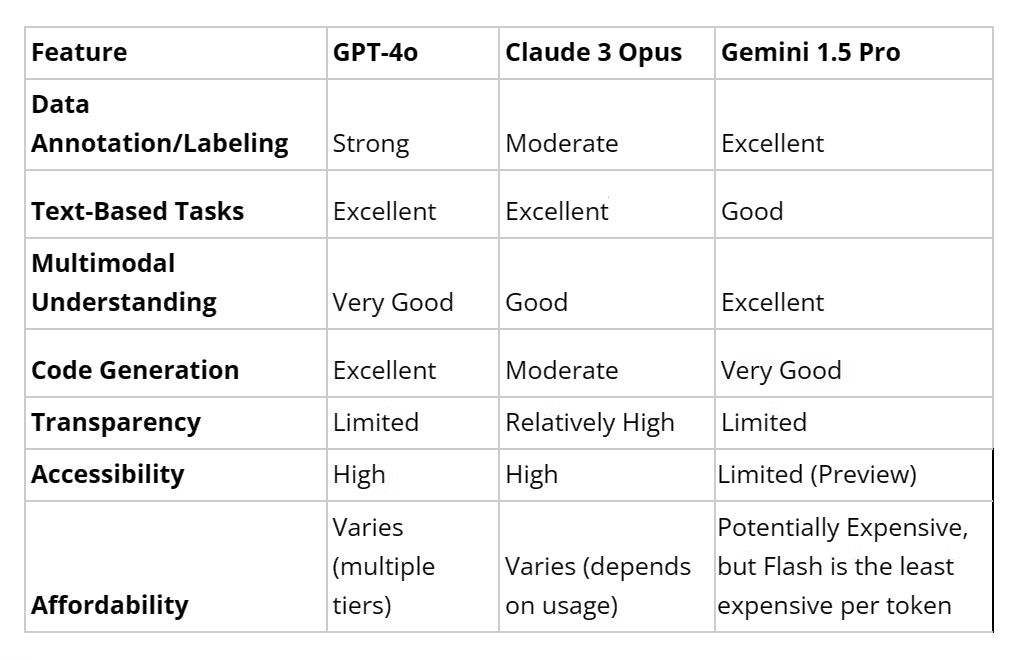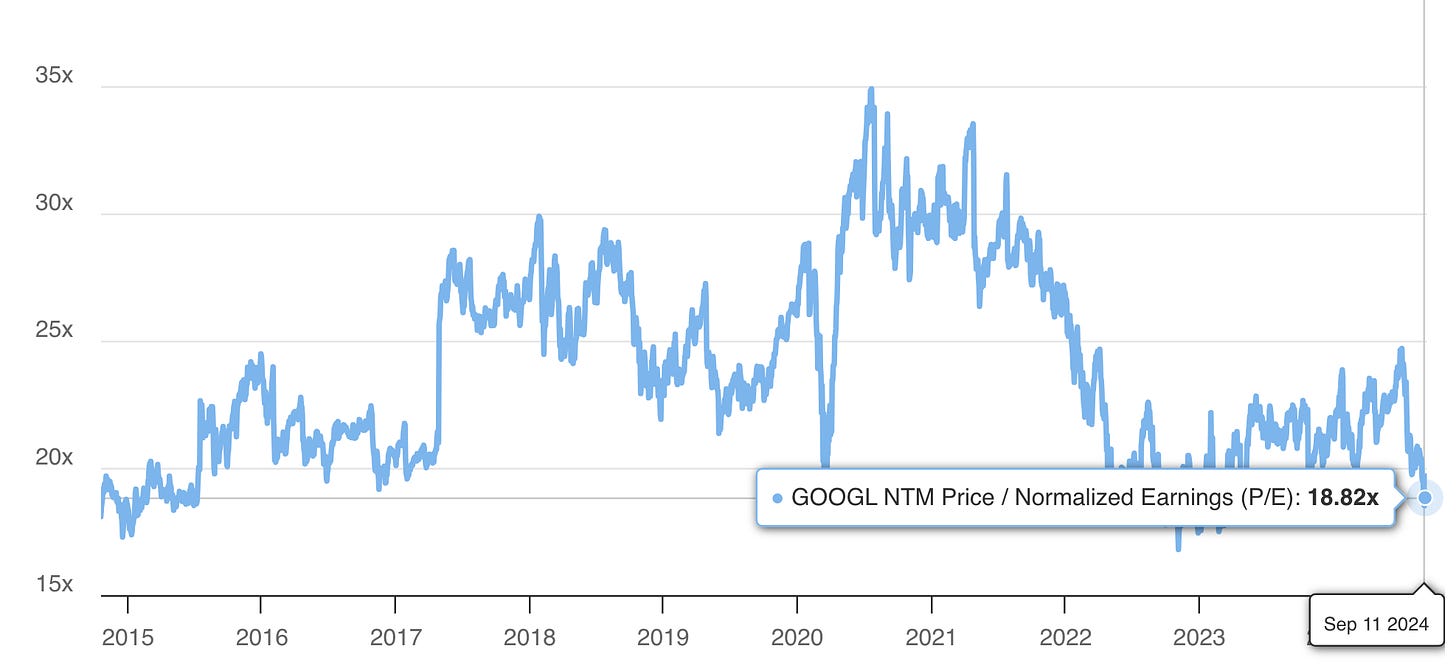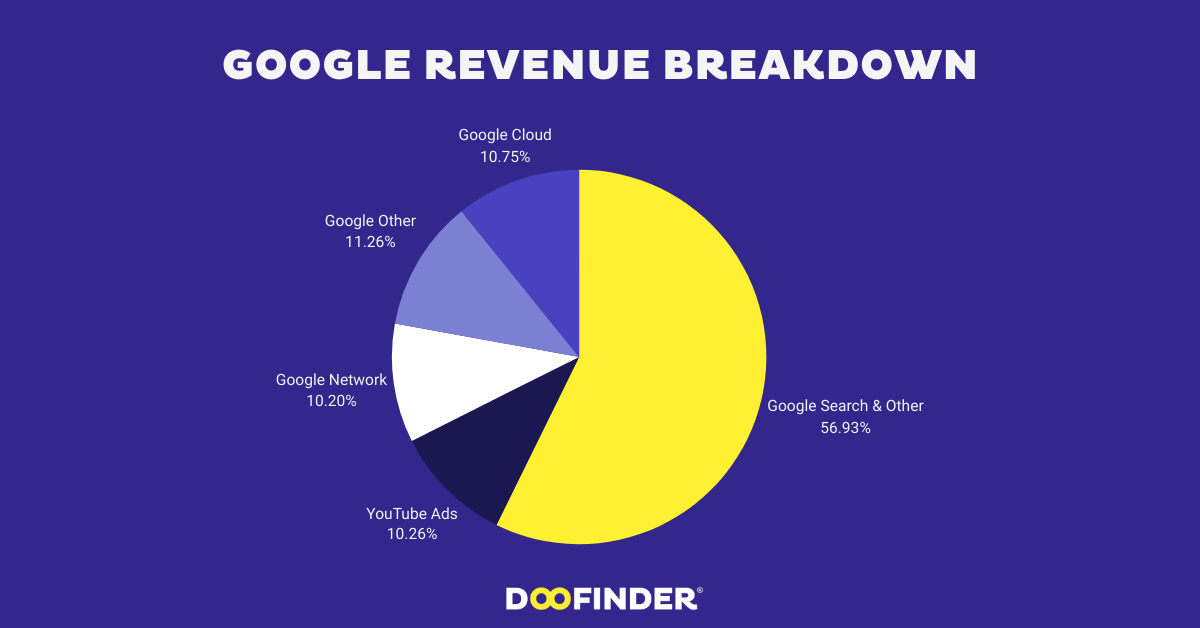Google’s Business in the Face of AI Disruption: A Shareholder's Perspective
As a long-term investor in Google GOOG 0.00%↑ since 2020, I've watched the company's evolution with great interest. Currently, Google represents about 5.6% of my overall portfolio, making it my seventh-largest holding.
Recently, however, Google's stock has experienced a decline of roughly 20% from its highs. This downturn is partially attributed to growing concerns that AI technologies—particularly OpenAI's ChatGPT and its advanced agent features—could disrupt Google's primary revenue pillar: search.
In this blog post, I aim to explore how AI advancements might influence Google's business model and whether these technologies pose a genuine threat or offer new opportunities for growth.
The Rise of AI Agents: A New Paradigm in Search?
The idea that AI could challenge Google's dominance in search isn't new, but it has gained substantial traction with the emergence of ChatGPT. One aspect that stands out is the introduction of AI agents—specialized AI models designed to perform specific tasks—which could significantly alter user behavior in search activities.
What Are AI Agents?
AI agents are tailored AI models that execute particular functions. For instance, I've created agents to assist with my teaching responsibilities, such as generating model solutions for student assessments. I've also developed agents for content creation tasks like drafting blog posts and brainstorming video ideas. Over time, I've built a suite of about ten agents, each optimized for specialized tasks.
Setting up these agents can require an investment of time and effort, which creates a form of "stickiness" for users. While some agents can be created within minutes, others require a larger time commitment as you feed the agent with content or databases it should consider in its output and define the language register, objective, framework etc. After dedicating resources to customize these tools, switching to another platform becomes less appealing unless it offers significantly superior capabilities.
My Experience with ChatGPT and Google Gemini
This summer, I subscribed to ChatGPT Plus to enhance my workflow, and the utility of AI agents was immediately apparent.
I initially planned to cancel my subscription after 1-2 months, once I completed the projects I was working on, but to my surprise, the value added by these agents has made me a committed long-term user.
In contrast, when I experimented with Google's AI offering, Gemini Advanced, I found it lacking in quality and user experience compared to ChatGPT. Consequently, I discontinued my Gemini subscription.
Implications for Google Shareholders
As an investor, the critical question is: How will these AI developments affect Google's long-term prospects?
1. Are AI Agents a Direct Threat to Google's Search Business?
In the short to medium term, I don't believe AI agents will replace traditional search engines like Google. Instead, they are expanding the search landscape by enabling more complex, creative, and project-based queries that conventional search engines aren't typically designed to handle. In this sense, AI agents are more complementary than competitive.
For example, when I need quick information or want to navigate to a specific website—like accessing a company's investor relations page—I still rely on Google. Typing the company's name followed by "IR" into Google swiftly gets me where I need to go. These straightforward queries remain integral to Google's business model and are unlikely to be supplanted by AI agents anytime soon.
2. Changing User Habits Among Younger Generations
However, there's an observable shift in how younger users approach information retrieval. As a teacher, I've noticed that my students rarely use Google's AI tools. Instead, they default to ChatGPT for their queries, even for tasks that traditional search could handle efficiently.
As a result, according to Business Insider, Google might be “losing its status as a verb” among Gen Z.
As a Google shareholder, one needs to acknowledge that the habit of Googling is a key component of Google’s moat. If younger generations start developing the habit of ChatGPT-ing, that’s clearly bad news for Google shareholders.
Chains of habit are too light to be felt until they are too heavy to be broken. - Warren Buffett
Personally, I've also started using ChatGPT more frequently for certain types of inquiries. While researching Google's revenue segments, I found that ChatGPT provided clear, concise answers that Google Search did not readily offer. This shift suggests that for more detailed, conversational, or analytical queries, other users too might prefer AI assistants over traditional search engines.
3. Long-Term Risks and Considerations
In the long run, Google faces the challenge of adapting to these evolving user preferences. The younger, tech-savvy generation is growing accustomed to "ChatGPT-ing" rather than Googling, which could reshape the future search landscape.
To remain competitive, Google must enhance its AI offerings, particularly Gemini, to meet and exceed the capabilities users are finding elsewhere.
While Gemini may excel in specific areas like coding assistance, it hasn't yet demonstrated across-the-board superiority. Google's ability to innovate and adapt its AI strategies will be crucial in retaining its user base and, by extension, its market share.
(Source: https://encord.com/blog/gpt-4o-vs-gemini-vs-claude-3-opus/)
Conclusion
For now, I remain confident in Google's core business and Google’s valuation is also not particularly demanding.
Its pivotal role in helping users navigate the web cannot be ignored. Traditional search queries continue to form the backbone of Google's revenue model, and there's no immediate indication that this will change drastically in the near future.
(Source: https://www.doofinder.com/en/statistics/google-revenue-breakdown)
However, complacency isn't an option! Google must proactively address the rising influence of AI agents and shifting user habits to secure its long-term position in the market. As an investor, I will be closely monitoring how Google evolves its AI initiatives and adapts to these emerging trends.
What are your thoughts on AI and its impact on search? Has ChatGPT or any other AI tool started to replace your use of Google? I'd love to hear your experiences and insights in the comments below.




